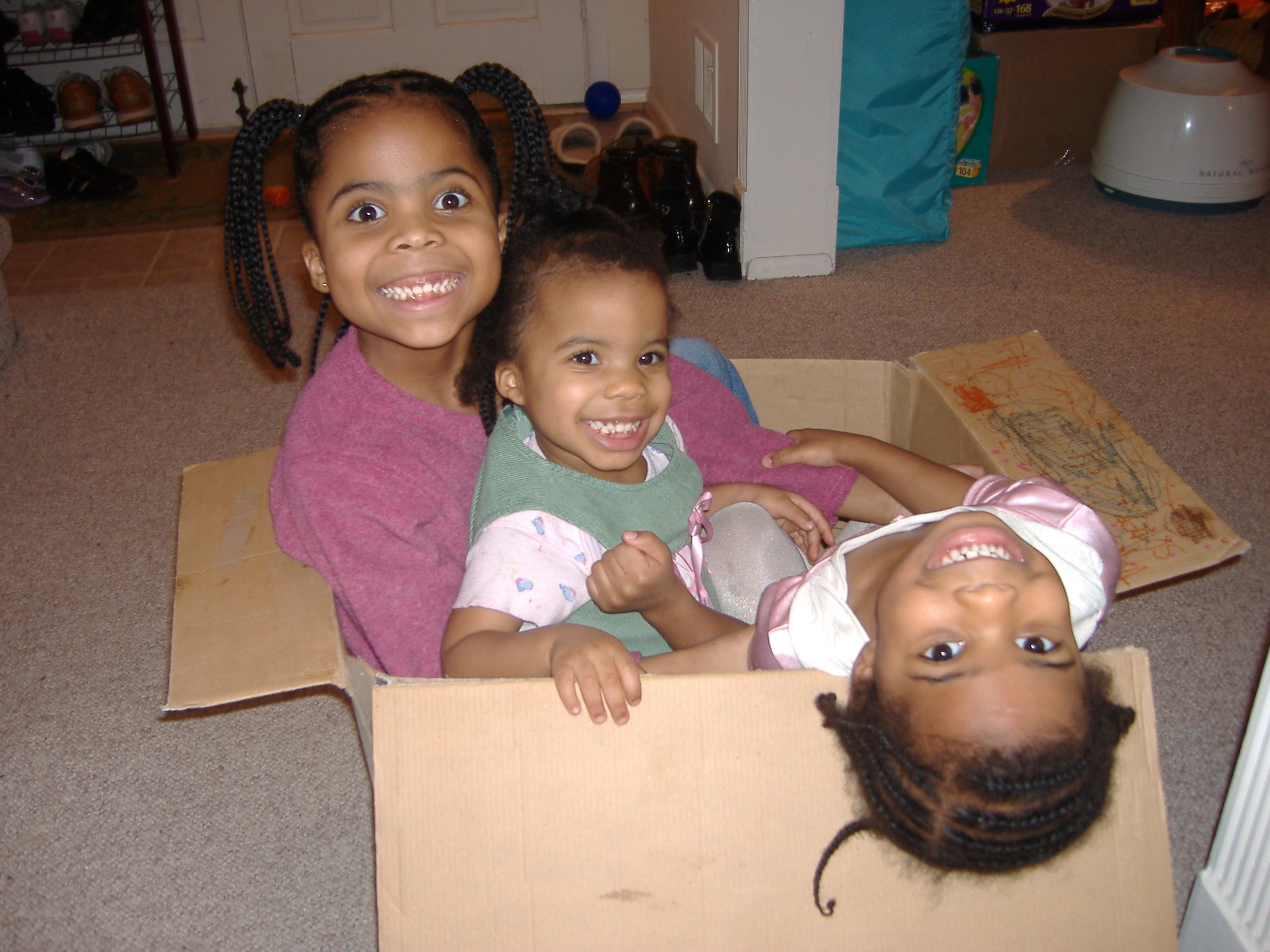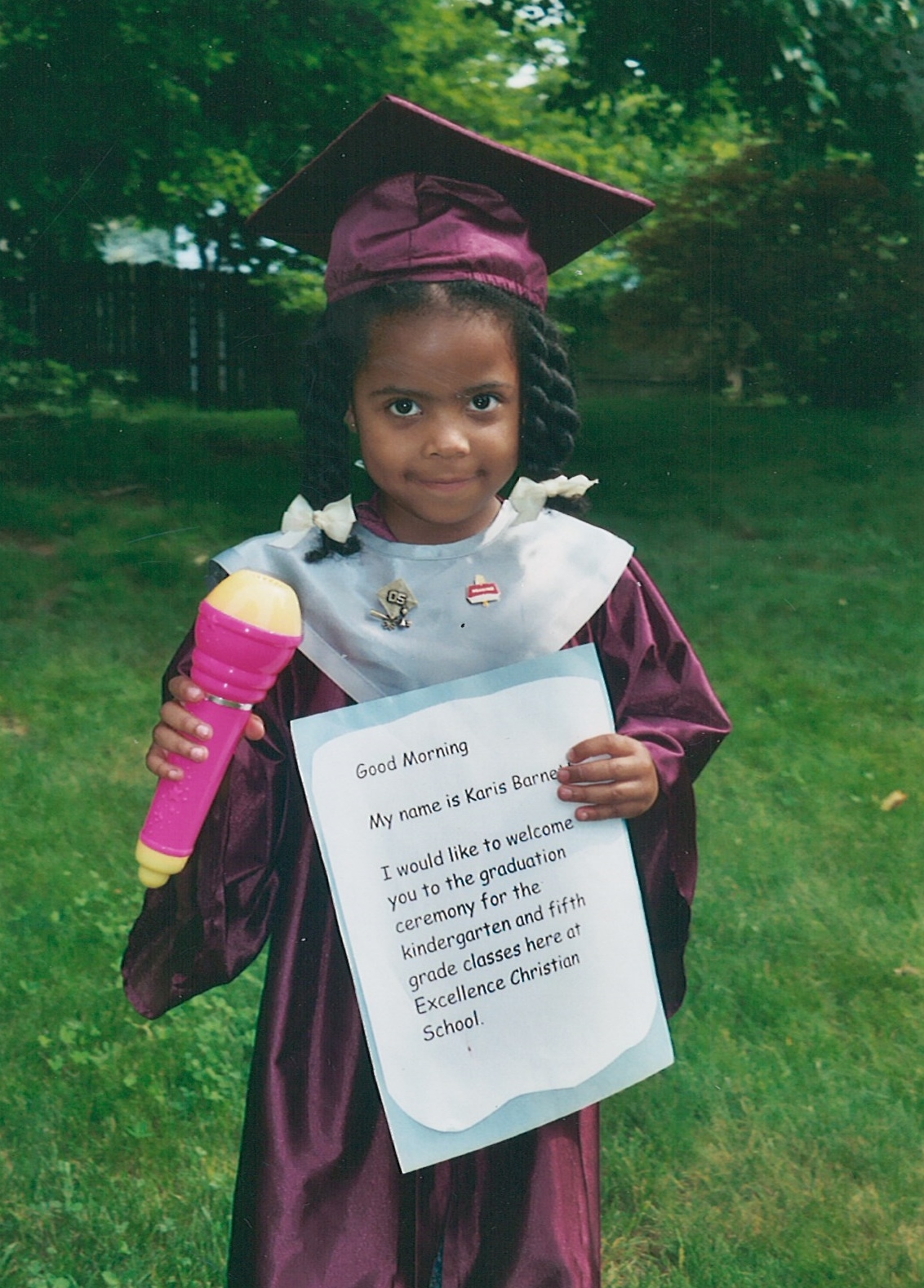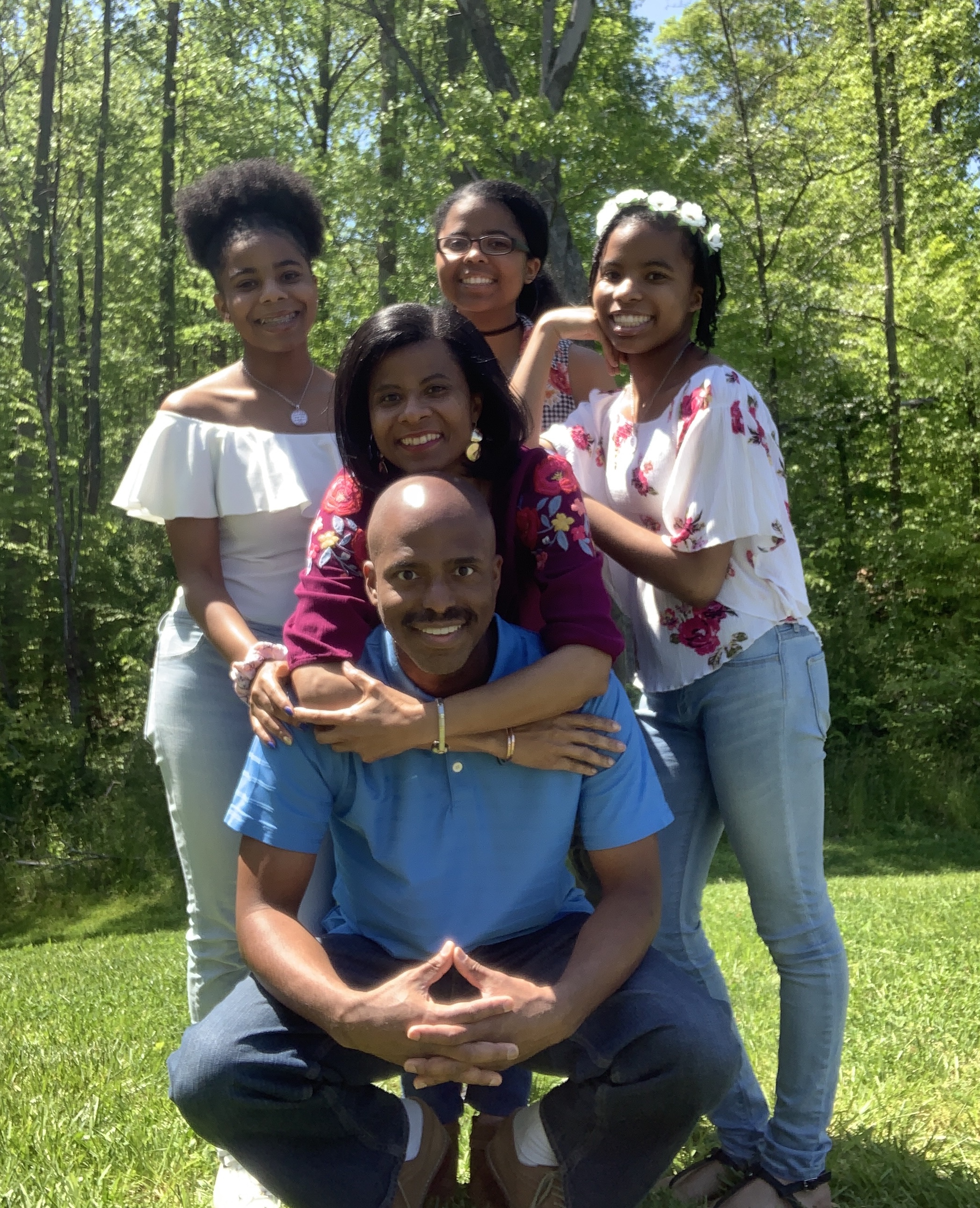Nicole Barnett's journey through postpartum depression demonstrates the strength to seek help and break down the stigma surrounding maternal mental health.
After welcoming her third child, Nicole Barnett found herself in a fog of exhaustion that seemed unshakeable. Parenting three children—a 5-year-old, a 3-year-old, and a newborn—was already difficult enough. But now she felt like she was walking underwater with a blindfold on and one hand tied behind her back. This was different—and this was unshakeable.
Nicole had been through the newborn stage before. She knew it would be hard, but something just didn’t feel right. She reached out to her obstetrician’s office and described what was going on. They immediately explained she might be going through postpartum depression, and could give her some medication to make her feel better.
“I just did not want to hear the phrase ‘postpartum depression.’ I was a clinical social worker and I knew, generally, what that meant—but it just sounded like a failure label to me in that moment. I just didn’t want to receive it. I felt like surely it was something else.”
Reluctant to accept the possibility of postpartum depression, she chose not to seek help. She feared not only stigma, but also worried that medication would prevent her from breastfeeding. As the weeks passed, Nicole’s condition worsened, and she went into a deeper level of depression and anxiety. The panic attacks and overwhelming sense of failure consumed her. She struggled to fulfill even the simplest tasks and started withdrawing from daily life. Once the fear of how this could interfere with her children's safety set in, she realized she needed help. With the support of her husband, she took the courageous step of seeking professional help, including medication. She also participated in therapy and a support group.
“I was afraid the medication was going to make me feel a false sense of happiness or a false me, but the nurse said, ‘It’s not going to make you feel false. It’s going to put you on an even keel. One day, you’re going to notice. You’re going to suddenly realize ‘oh, I’m back to myself again.’” I didn’t really believe her when she said it at that time. But it was true, I remember it happening clearly. I was at my oldest daughter’s kindergarten graduation, and I was so happy when I realized I was fully myself again. I was fully present, and the fog was gone, and I wasn’t in that constant state of sadness…and that was the beginning of my recovery.”
Looking back, she wishes she had not allowed fear and stigma to delay her recovery. Her journey through postpartum depression has taught her that strength lies not in suffering alone, but in reaching out for help when we need it most. She describes, “Not reaching out for help is simply hoping things will get better. Reaching out for help is actually taking the first step to make things better.”
Now, as a counselor for the National Maternal Mental Health Hotline, Nicole strives to impart this wisdom to others, particularly women of color who face unique challenges in getting mental health resources. Through her pain, she discovered her purpose in life: to offer hope and support to those navigating the rough waters of motherhood, one conversation at a time.
“My wish for other moms, especially for women of color, is to not let the stigma of depression, anxiety, or any type of mental health label keep you from getting the help that you need.” She continued, “You may be just experiencing stress. It may be just a pit in your stomach—like something just isn’t feeling quite right. If you want someone to talk to, reach out to the Hotline. The counselors will be able to speak with you, listen to your concerns, and share resources. You don’t have to have a diagnosed mental health condition to call the Hotline. We are there for pregnant and parenting people, their loved ones, their family members.”



